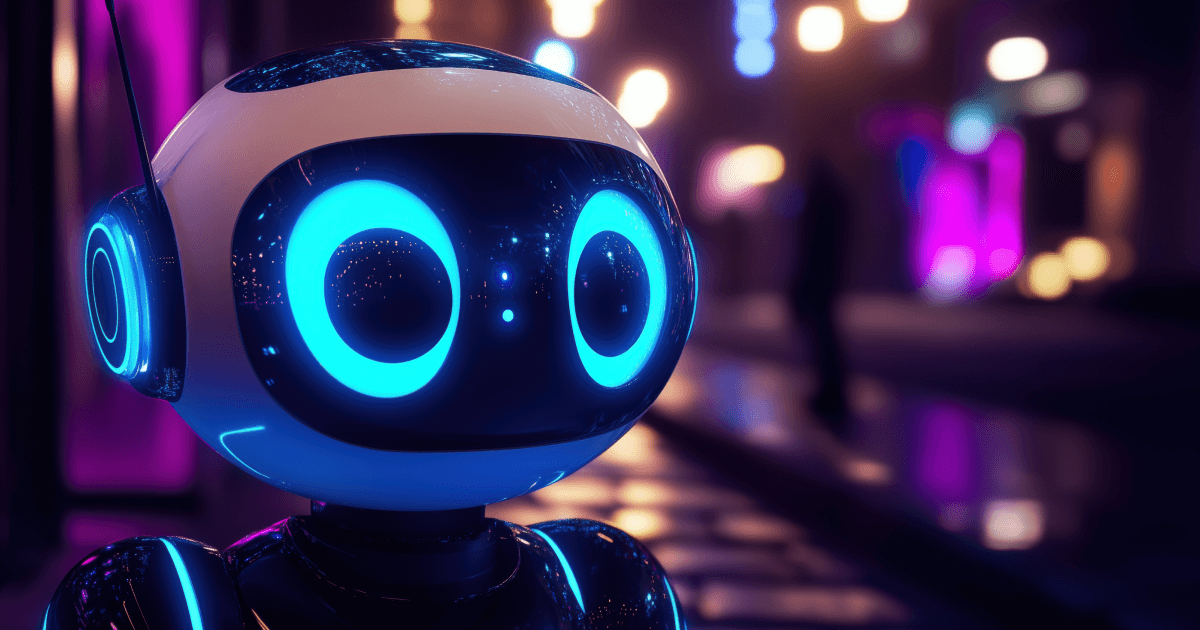In last decade artificial intelligence (AI) has made significant strides in automating various aspects of writing. From blog posts and product descriptions to news articles and social media captions, AI-powered tools have become increasingly sophisticated. But can AI truly replace human writers? Or is there still an irreplaceable element of human creativity and insight? Let’s explore the capabilities, limitations, and future of AI in content creation.
The Rise of AI in Content Creation
AI-powered writing tools, such as OpenAI’s ChatGPT, Jasper, and Copy.ai, have transformed the content creation process. These tools leverage natural language processing (NLP) and machine learning algorithms to generate text that mimics human writing. AI can quickly produce well-structured, grammatically correct content, saving businesses time and resources. Key advantages of AI-driven writing include:
- Speed and Efficiency: AI can generate thousands of words in minutes, making it ideal for bulk content creation.
- Cost-Effectiveness: Businesses can cut costs by reducing dependency on human writers for routine or repetitive tasks.
- SEO Optimization: AI tools can analyze search trends and incorporate relevant keywords to enhance visibility.
- Data-Driven Insights: AI can process large amounts of data to identify trends and generate targeted content.
- Consistency and Scalability: AI maintains a uniform writing style, ensuring consistency across all content.
- Multilingual Capabilities: AI can create content in multiple languages, making it accessible to a global audience.
Limitations of AI in Content Writing
Despite its advantages, AI is not without its shortcomings. While it excels in generating factual and structured content, it struggles with creativity, emotional depth, and contextual understanding. Here are some key limitations:
- Lack of Originality: AI-generated content often relies on pre-existing data and patterns, making it less innovative.
- Emotional Intelligence: AI cannot replicate the nuances of human emotion, humor, or storytelling in a truly authentic way.
- Contextual Errors: AI sometimes produces misleading or factually incorrect content due to a lack of real-world understanding.
- Limited Brand Voice Adaptation: While AI can mimic tones, it may struggle to fully capture a brand’s unique voice and personality.
- Dependence on Quality Input: AI-generated content is only as good as the data it is trained on, leading to potential biases and inaccuracies.
- Inability to Generate Thought Leadership: AI lacks personal experiences and expertise, making it difficult to produce in-depth, thought-provoking content.
The Human Touch: Why Writers Are Still Essential
AI can be a powerful tool for augmenting human creativity, but it is unlikely to replace writers entirely. The human touch is essential in crafting engaging narratives, developing brand identity, and connecting with audiences on a deeper level. Here’s why human writers remain indispensable:
- Creativity and Innovation: Writers bring unique perspectives, storytelling techniques, and original ideas that AI cannot replicate.
- Emotional Connection: Effective writing resonates with readers on an emotional level, which AI struggles to achieve.
- Critical Thinking: Human writers can analyze complex topics, form opinions, and engage in thought leadership.
- Ethical Considerations: Writers can ensure content aligns with ethical standards, avoiding biased or insensitive material.
- Flexibility and Adaptability: Humans can quickly adapt their writing to new trends, cultural shifts, and unexpected events in ways AI cannot.
- Deep Audience Understanding: Writers can tailor content to specific audiences, considering cultural, social, and psychological factors.
The Future: Collaboration Between AI and Writers
Rather than viewing AI as a threat, writers can leverage it as a collaborative tool. AI can assist in research, brainstorming, and drafting, allowing writers to focus on refining and enhancing content quality. The future of content creation lies in a hybrid approach where AI handles repetitive tasks while humans provide creativity, strategy, and critical thinking.
- Enhancing Research and Productivity: AI can quickly gather data, summarize information, and suggest relevant topics, helping writers streamline their workflow.
- Generating First Drafts: AI can create initial drafts, allowing writers to refine and add their personal touch.
- Personalization and Humanization: While AI generates bulk content, human writers can ensure each piece is tailored to the intended audience and purpose.
- AI-Powered Editing and Optimization: AI can help writers refine their work by checking grammar, suggesting improvements, and optimizing for SEO.
Conclusion
AI-powered content creation is undoubtedly transforming the digital landscape, offering efficiency, scalability, and SEO advantages. However, AI still lacks the emotional intelligence, originality, and depth of human writers. While AI can enhance content production, it cannot replace the irreplaceable—human creativity, authenticity, and storytelling. The best approach is a synergy between AI and human writers, where technology supports and empowers creative minds rather than replacing them. Writers who embrace AI as a tool rather than a competitor will be best positioned to thrive in the future of content creation.

